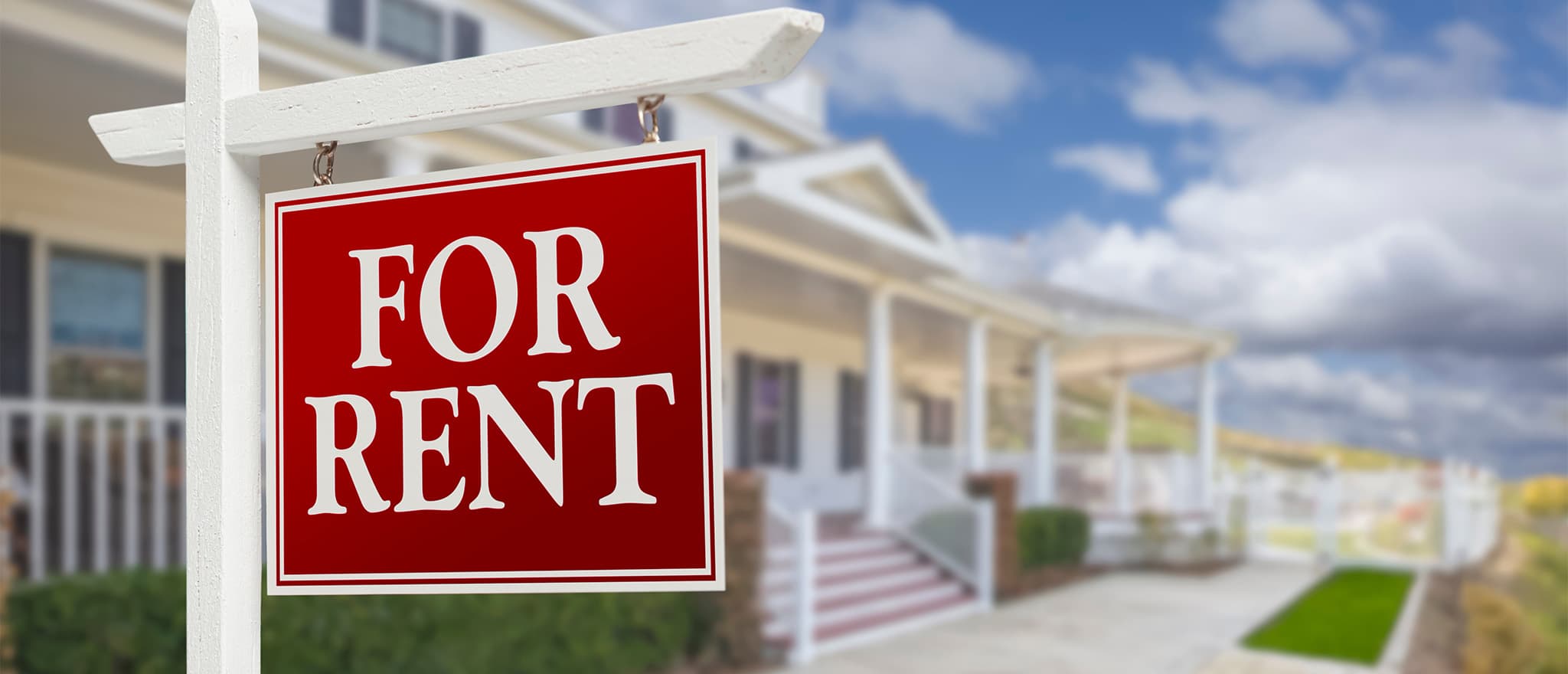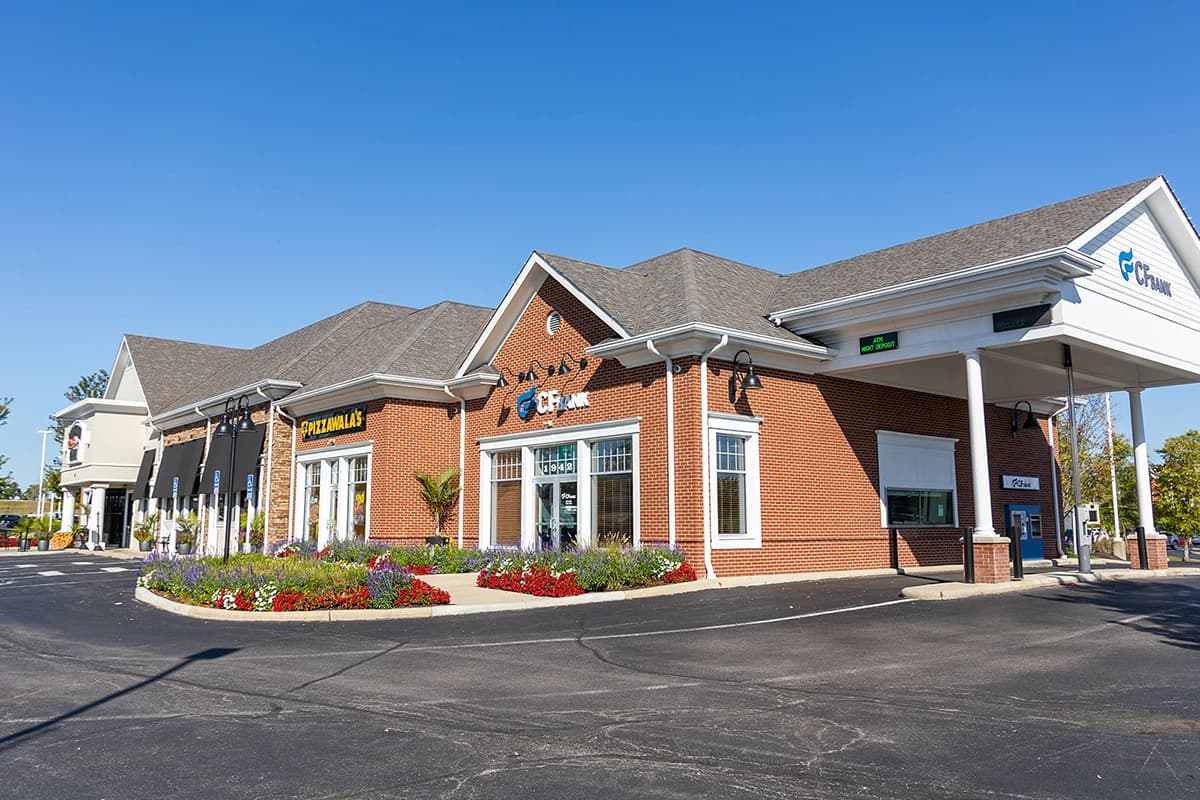
How to Invest in Rental Property
Written on April 14th, 2023 | Updated on June 27th, 2025
It’s a game that requires knowing the ins and outs of property management, mortgages, land value, area economics and much more. Investing in rental properties might be lucrative (especially in the current market), but knowing the benefits, the risks and the strategies involved in those investments will help you prepare for any bumps in the road.
Interested in becoming a landlord? Here’s a beginner’s guide for how to invest in rental property.
Is It Worth Investing in a Rental Property?
Buying rental property is an appealing proposition, but it’s not the right move for every investor. As with any financial decision, there are plenty of pros and cons to consider. If the benefits outweigh the risks, you should be safe to invest away. If you notice more red flags than benefits, now might not be the time to window shop for property.
Benefits
Here are a few benefits to real estate investment:
It’s a steady and lucrative income source. Thanks to your monthly rent and an increase in property value over time, money will always be coming in.
It’s a hedge against inflation. Even during economic downturns, investment property maintains or even grows in value.
It’s tax deductible. Owning a property means qualifying for certain tax benefits, including deductions for mortgage interests, maintenance and property insurance.
It helps you build up your assets. Renting out a property decreases the amount of mortgage you pay. Some owners only pay 10 to 15 percent of the entire mortgage.
Risks
On the flip side of the coin, here are some risks:
Maintenance is never-ending. Something will always be breaking, and it will be your responsibility to pay for its repair.
You aren’t guaranteed tenants. The more vacancies you have, the less money you’ll be taking in.
The tenants you do have can be difficult. Not every person who lives on your property will be a perfect angel. You will likely have to deal with late payments and even property damage.
It’s a lot of work. Owning a rental property means actively talking with tenants, keeping up with paperwork, making sure the property looks good, fielding complaints, dealing with maintenance, watching nearby property values, and much more.
What to Evaluate for a Good Rental Property
Let’s assume that, for you, the benefits of investing in rental property outweigh the risks. Now it’s time to evaluate the properties you’re considering. There are multiple factors to consider, which means that not just any old run-of-the-mill property will do for your purposes.
Here are a handful of said factors:
The Neighborhood
The area around your property plays a huge part in how much income you’ll generate from that property. If the area’s value declines due to redevelopment issues, economic downturns or even failed political shenanigans, your property will suffer.
Neighborhood Demographics
What kinds of residents live in the areas you’re considering? Different people will have different needs. Are you looking at properties near colleges? Is there a high student population, or will you be catering mostly to families? These are all important demographic questions to answer.
Analyze the Community
What’s going on in the area you’re considering? Is your desired property near local restaurants? What kinds of community activities, events or locations are “big” in the community? The more you know about the area, the better you’ll be able to prepare for the kinds of tenants you may have and the economy you’ll be doing business in.
Examine the Interior and Exterior
Finally, there’s the property itself. Before any papers are signed or any deals made, make sure you’ve looked your new rental property up and down. Take the time to hire an appraiser and visit the building yourself to check for any issues. The ideal rental property won’t cost you piles of money in upfront upkeep, so avoid any fixer-uppers unless you’ve allowed for the extra funds in your budget.
Making a Financial Plan for Buying a Rental Property
With all the potential benefits, issues and physical/economic factors taken care of, it’s time to talk money. Buying a rental property means having plenty of cash on hand, and it also requires planning ahead and making sure the groundwork is laid.
Step one is to double checking that your debts are paid. Qualifying for financing means having minimal debt associated with your name, so make sure your car, medical, credit card and student loan debt is taken care of before seeking extra funds.
Next, consider your debt-to-income ratio. This ratio represents the percentage of your monthly income that gets eaten by the debt you owe. Generally, lenders will allow up to 75% of your expected rental income to be put toward the debt you owe them.
After this, there’s the down payment. While the amount you pay will depend on your mortgage, investment property generally requires paying around 15 to 20 percent. Also take any interest rates into consideration before locking in your financial plan.
Finally, there’s the option to buy your property outright instead of relying on loans. This will depend entirely on your own financial standing and what you can and can’t afford. However, be aware that upfront payments aren’t cheap, and you’ll need to be confident in your purchase and its potential for generating income for you.
Columbus, OH Rental Properties Available
Now that you know the basics of investing in rental property, it’s time to start scouting real estate. The experts at DRK are ready to answer your questions, give you feedback, and help you find the ideal property.
Take a look at the purchase-ready rental properties available in the Columbus, Ohio, area right here.
Until next time,


